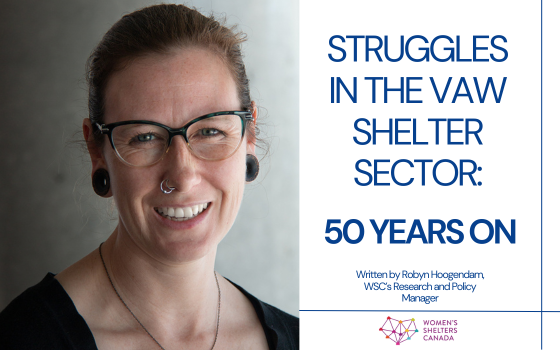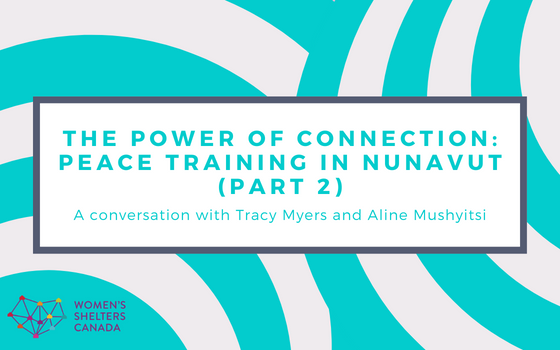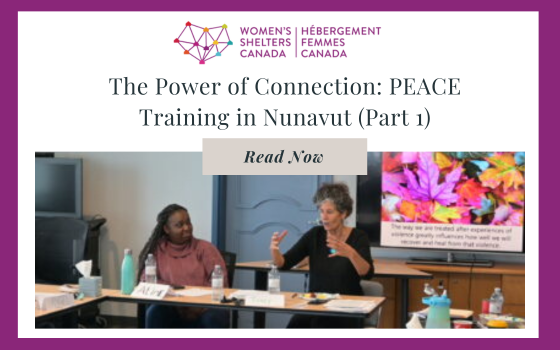March 7, 2022
Last month, on February 22, the Mass Casualty Commission began its public proceedings. As stated on its website, this commission is “the independent public inquiry created to examine the April 18-19, 2020 mass casualty in Nova Scotia and to provide meaningful recommendations to keep communities safe in the future.”
On the evening of April 18, 2020, as the country was under pandemic lockdown from coast to coast, a man* set out on a deadly rampage that started with a violent attack on his domestic partner at their cottage in Portapique, Nova Scotia. By the time he was finally stopped by the RCMP, he had killed 22 people, making it the deadliest attack in recent Canadian history.
The second and third deadliest also had elements of misogyny and violence against women. In the Montreal Massacre in 1989, the perpetrator explicitly targeted women and “feminists.” In the Toronto van attack, almost two years ago to the day of the massacre in Nova Scotia, the perpetrator was involved in the incel movement and posted to social media shortly before carrying out his crime.
For those working to end violence against women, it was not surprising that the perpetrator had a history of violence against women and that his current partner was also victimized – but survived – during the attack, as the majority of mass shootings in the USA have involved violence against a current or former female partner.
This is one of the reasons why Women’s Shelters Canada sought to be a participant in the Mass Casualty Commission and is pleased to be participating. Women’s Shelters Canada will be represented by Megan Stephens, an experienced litigator, whose law practice focuses on advocating for the rights of women in the justice system.
In our participation, WSC will be drawing on our research, knowledge sharing, and the insights and expertise of our members to assist with several aspects of the Commission’s mandate. WSC has particular knowledge and expertise in several areas of the Commission’s mandate, including the calls to examine issues related to the causes, context, and circumstances that gave rise to the mass casualties of April 2020 such as the role of gender-based and intimate partner violence, access to firearms, police actions, and police policies, procedures, and training.
Although WSC works closely with frontline service providers, we are not directly engaged in service delivery. This leaves WSC uniquely placed to speak openly and frankly about systemic problems in police responses to domestic violence and intimate partner violence, without concern about how this might affect working relationships with local police forces. WSC can also help the Commission understand the connections between access to firearms and gender-based violence – and how those connections can be particularly dangerous in rural communities.
WSC will also make connections between the work of the Commission and our involvement in the development of Canada’s National Action Plan on Gender-Based Violence, including how the Commission’s recommendations could align with the Plan. This would both help avoid the duplication of work by the Commission and bolster the strength of the Commission’s recommendations, increasing the likelihood of implementation by both federal and provincial governments.
We recognize how far-reaching and impactful these tragedies are on the families, their communities, and the country as whole. Until we acknowledge the role that misogyny and violence against women played in this tragedy, we cannot begin to prevent others like it.
WSC will be producing several blogs on the Mass Casualty Commission over the next six months or so, particularly when WSC directly participates and as the Commission considers the roles domestic violence and gender-based violence played in the attacks. The public proceedings of the Commission will last into the summer of 2022, with a final report release date of November 2022.
* please note that we will not be naming the perpetrator of the Nova Scotia mass shooting in these blogs




Leave A Comment
You must be logged in to post a comment.